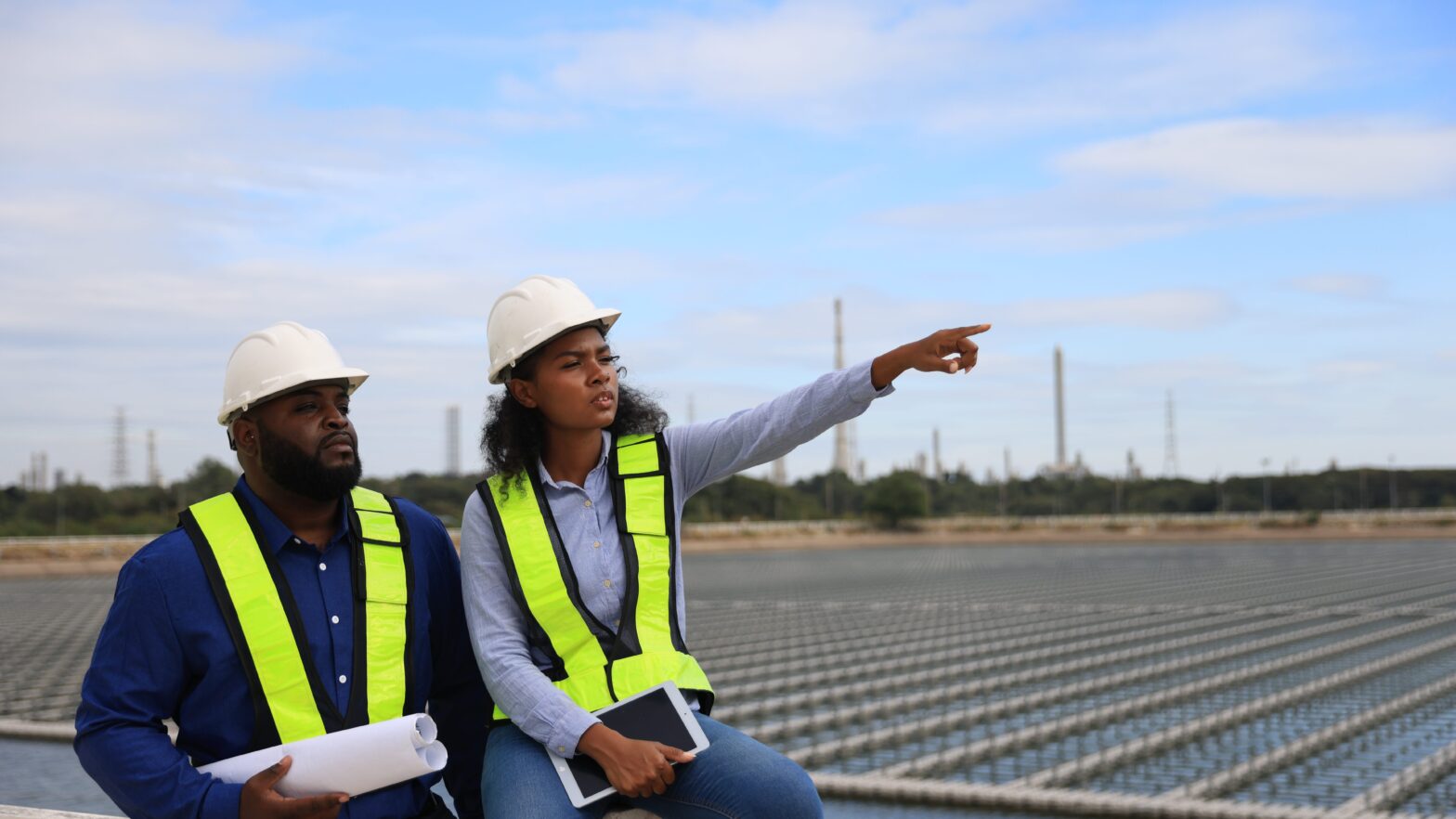In the talent world, we often talk about the push and pull of the market — when it’s driven by candidates or led by clients. Each of those comes with…
Read More
Candidates Should Be Selective When Working With a Recruiting Firm

Planning to work with a recruiting firm to find your next job? You already know you should be prepared to answer numerous questions about yourself. But make sure you are inquisitive with the recruiter before the process begins. Adam Peters, Executive Search Consultant with Lee Group Search, shares some insight into what you might want to know before agreeing to work with a particular recruitment firm.
What’s your specialty?
It only makes sense to align yourself with a firm with a network of contacts in the industry you’ve selected as your career path. At Lee Group Search, Peters works primarily in manufacturing.
After talking with a candidate, he can run through the Rolodex in his head — relationships with hiring managers and other professionals he’s built over the years in the manufacturing realm.
Once a recruiter suggests a company that sounds like a match, keep probing. Ask the recruiter how often he or she works with that particular company. How many successful candidates have been placed? Experienced recruiters understand the culture of the companies they work with. They are repeat customers, trusted to have a pipeline of the top talent in the industry. They know the hiring managers at these companies and should be able to tell you something about them.
“You want the candidate to get off the phone with you and have confidence because you’ve worked with the company a really long time,” Peters said. “Even if I have a new relationship with a company, I want to tell the candidate the story of that company. I want them to have a full picture of the company based on what I know.”
Don’t be afraid to pin the recruiter down by asking for specifics. Vague responses should be a red flag that the recruiter doesn’t have much experience with a particular company. If you know something about a company — turnover appears excessive, for example — be sure to inquire for all the details.
Step by step, how does it work?
Make sure you ask the recruiter about the hiring process that company has in place. An experienced recruiter will know all the steps and be able to predict a timeline until a hiring decision is made. Companies, of course, vary with how many rounds of interviews they conduct and what background screenings or tests are necessary before an offer is made.
“You want to give the candidate realistic expectations,” Peters said. “If you know the process is going to take three weeks and the candidate is thinking he might get a call at the end of the week, you want to communicate that.”
Connection matters
Ultimately, the relationship between candidate and recruiter should work just like any other successful professional one. Trust and candor are important. Chemistry is vital.
When Peters invests his time in getting to know a candidate, he does so with the idea of building a meaningful relationship. He takes a deep dive into the candidate’s personality and will drill down on what specifics matter the most in the job search. It’s quite possible he might not have a ready opportunity available. But by being so thorough thorough upfront, he’s able to match the two when the right opportunity presents itself.
Peters can be a lifelong resource.
“A lot of recruiters give you a sales pitch. They’ll talk to you for five minutes and tell you the job they have is the best job ever,” he said. “We don’t do that at Lee Group Search.”
In fact, too many times recruiter and candidate haven’t spent enough time establishing what the opportune position would be, he said.
“You want to be in a genuine relationship with the recruiter so they’re not trying to sell you on something,” Peters said. “They can actually be informative and give information about the company you’re interested in.
